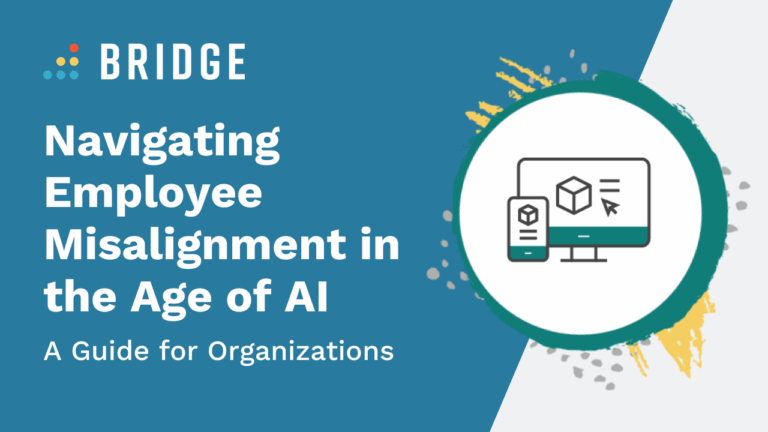In a rapidly changing business world, it’s become apparent that the skills gap is an issue that just won’t go away. According to one recent survey, 87% of employers believe that the skills gap is here to stay, and one-third agree that it’s bigger than it was a year ago. The importance of teaching hard skills in the fight against the skills gap is well understood, but it seems that soft skills could be just as important – as suggested by 90% of UK and US-based HR professionals in LinkedIn’s Global Talent Trends.
Despite their growing importance, an SHRM report found that 30% of recruiters believe that candidates don’t have the necessary soft skills to fill roles within their business. This means that the solution lies in developing the skillsets of your existing workforce.
Why Are Soft Skills Important?
In an age of remote and hybrid working, soft skills are becoming more important, and businesses are starting to recognise their value. During the enforced isolation of the pandemic lockdowns, employees needed to draw upon their own reserves of creativity and reasoning without the input of their fellow workers, because even daily online meetings did not altogether replicate the workplace environment.
It hasn’t been the pandemic alone that has revealed the importance of soft skills – increased technological innovation and implementation in the workplace has also made the need for soft skills more apparent. As suggested by McKinsey, social and emotional skills are becoming more important as intelligent machines take over more the physical, repetitive, and basic cognitive tasks.
It’s not just business leaders that are beginning to appreciate the importance of soft skills – employees at all levels of their organisations are coming to realise their value. One survey asked 8,000 working professionals globally to better understand this shift in working attitudes. The results showed that two-thirds of respondents believe that additional training on remote working and soft skills such as teamwork and problem solving will be necessary for the post-pandemic workplace.
Implementing soft skill training programmes can reap rewards for the business as a whole. The post-COVID business world will be more fluid and dynamic. The possibility of repurposing your talent pool to new or different tasks begins with a workforce that already works well as a team and solves new problems that they face. Soft skills could allow your workforce to be more easily reskilled or upskilled since the basic learning framework is already in place.
Which Soft Skills Are Most In-Demand?
McKinsey pointed to the top three areas of soft skills that are currently missing in the workplace:
- Problem-solving, critical thinking, innovation, and creativity
- The ability to deal with complexity and ambiguity
- Communication
In a working environment characterised by an increasing reliance on automation, the skills that are the greatest assets to employers are those that can’t be easily replicated by machines. These skills are also more generalised than specific, role-centred skills and so allow the employee more flexibility in changing roles within the organisation and give the business the latitude to deploy its talent pool with greater efficiency.
How to Develop and Train Soft Skills
If your organisation hasn’t previously considered the need for soft skills or is only just now seeing the possible benefits, it’s important to take stock of where these skills are best applied within the business and how best to implement a training programme for them.
Assess Your Business Needs
Training your existing workforce will make good business sense if you find it difficult to hire for a particular skill. Equipping your employees with soft skills can make them more capable and communicative in their current roles, more innovative in those roles, and, crucially, more adept at moving between different roles within the company.
Consider Your Employees’ Needs
Your employees should be encouraged to take charge of their own learning and career development paths and the skills they want to develop. The acquisition of soft skills will help your employee to better communicate those wishes and, by encouraging teamwork, better give them an idea of where they want their career to go within the larger company. You can use this information to ensure it aligns with your business goals and objectives and create personalised training plans for each employee. Consider including soft skills in performance reviews to keep track of goals.
Keep Track of Your Training
By using a learning management system, you can check employee progress, send training reminders to ensure completion, and gather post-course feedback to assess its effectiveness.
How Can Bridge Help?
Bridge’s Learning Management System designs and delivers scalable learning programs that make learning and compliance engaging for employees. Whether you need to create onboarding programs, or simply deliver compliance training for different teams and departments, Bridge has everything you need to craft learning experiences tailored to your organisation’s specific needs.
Bridge enables managers and subject matter experts to create engaging courses in a matter of minutes, distribute course material to relevant learners, and track learner progress with reports and analytics.
Find out more and get a Bridge demo



